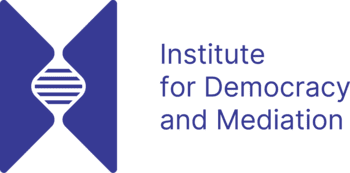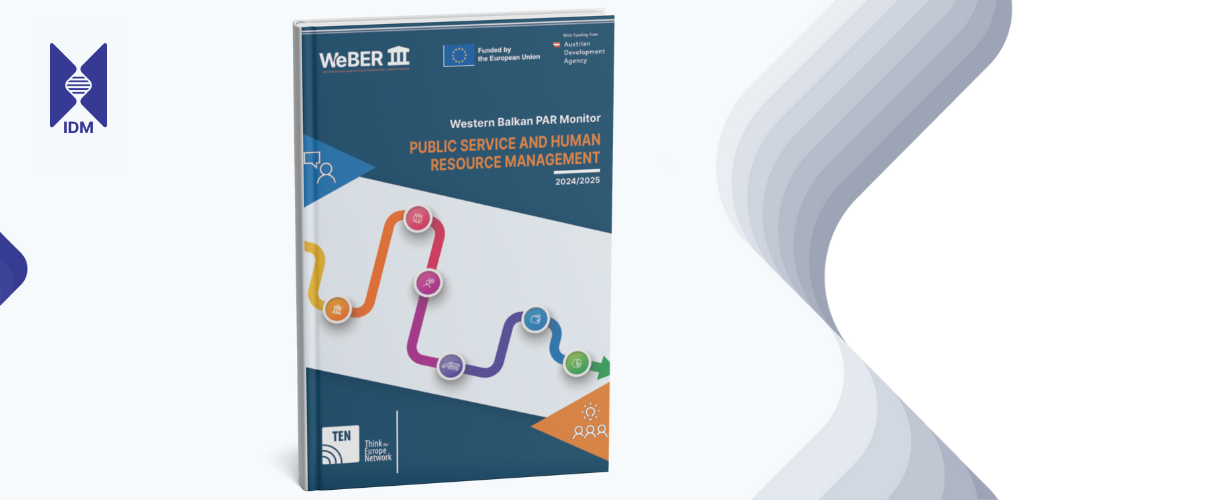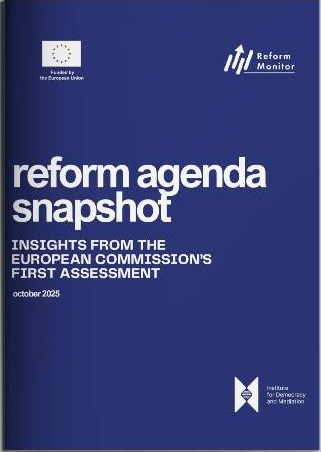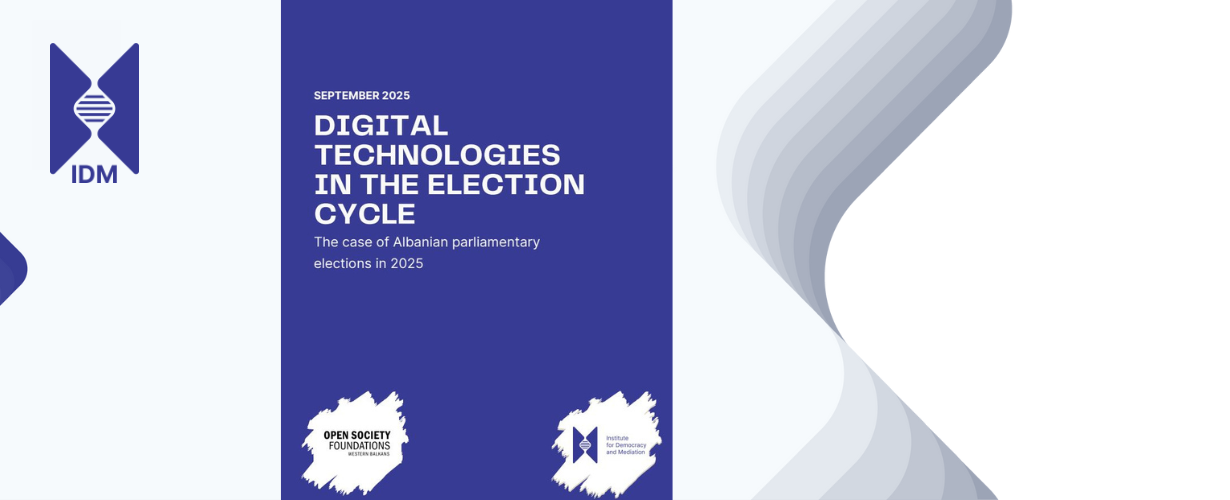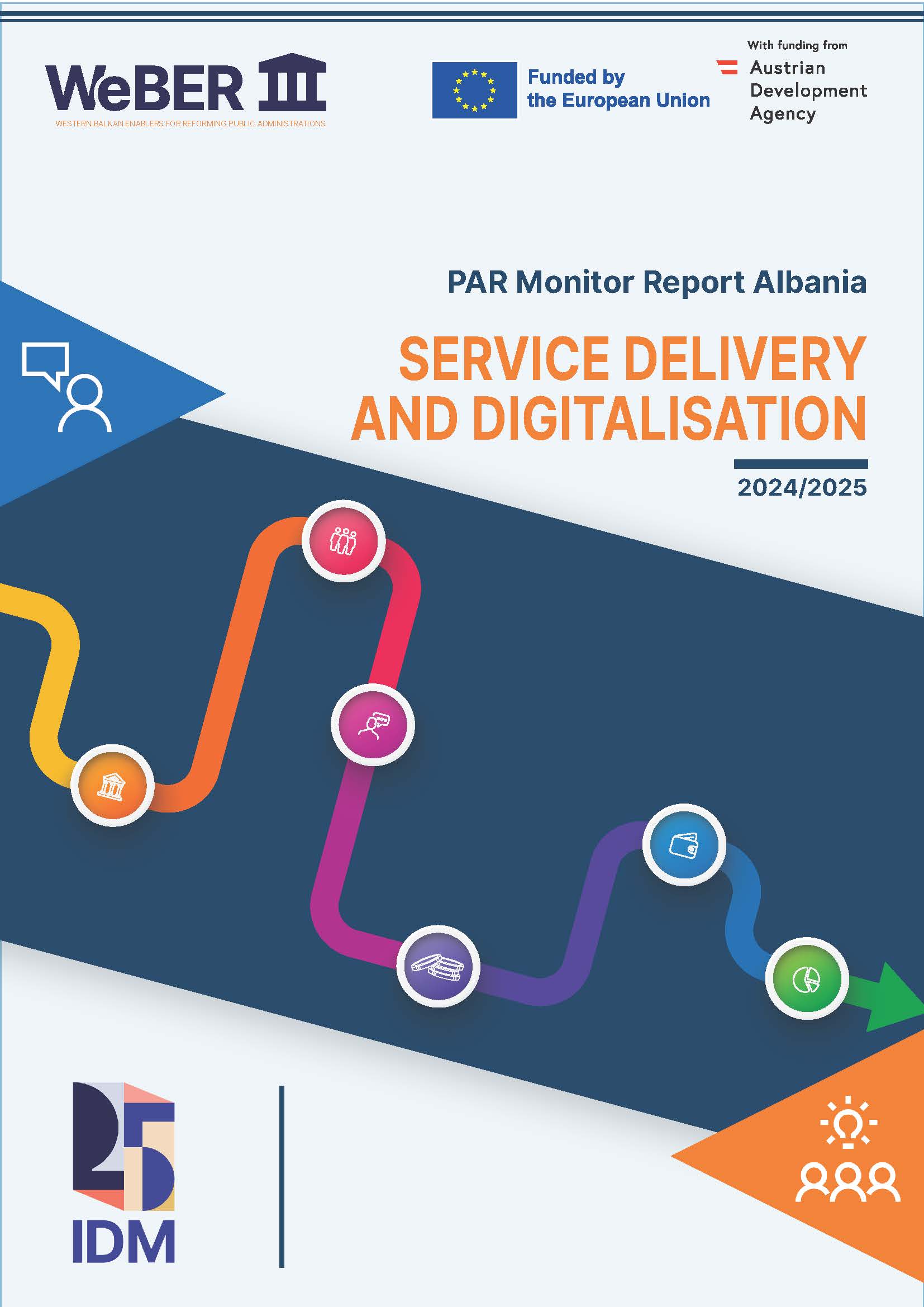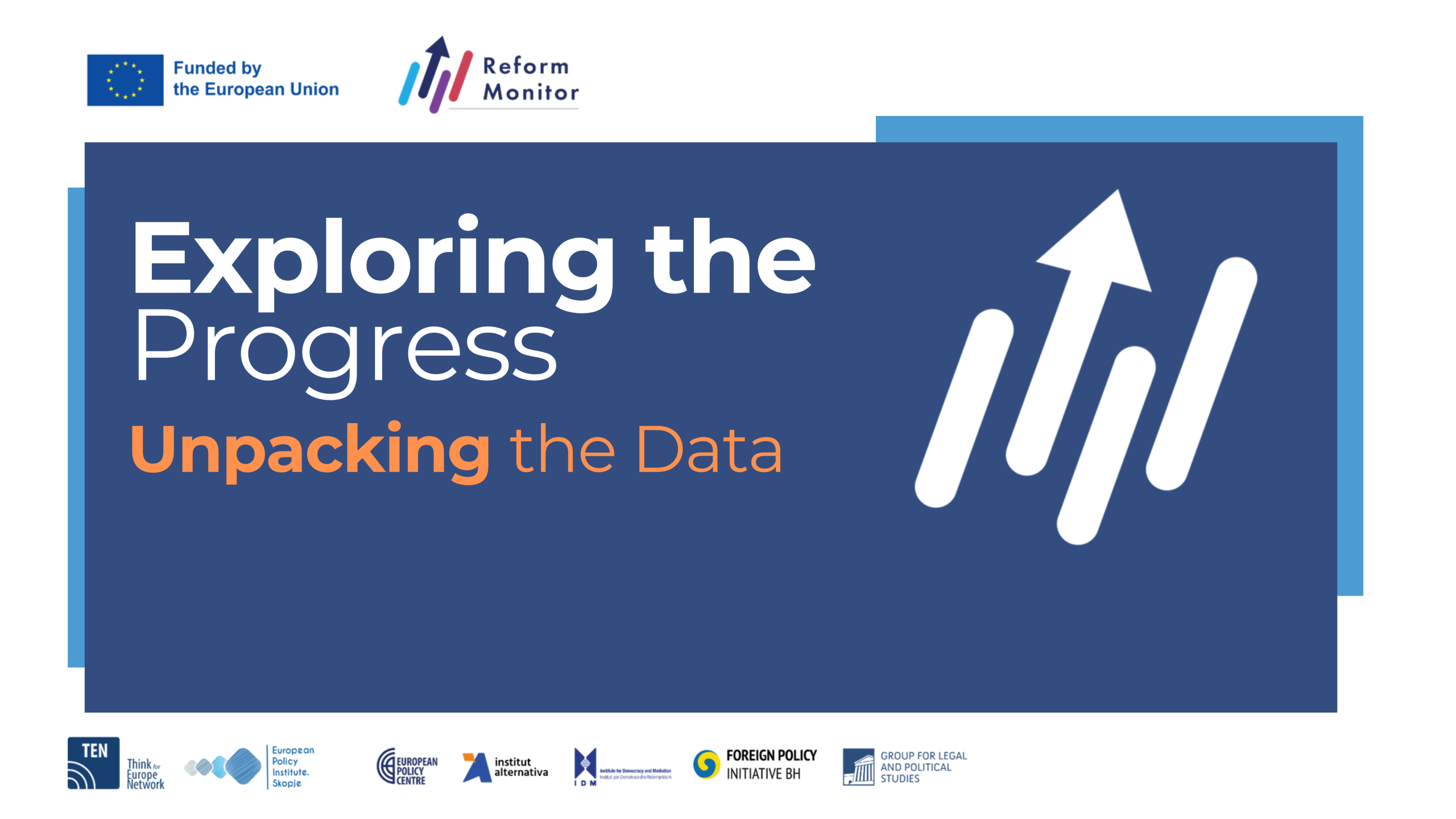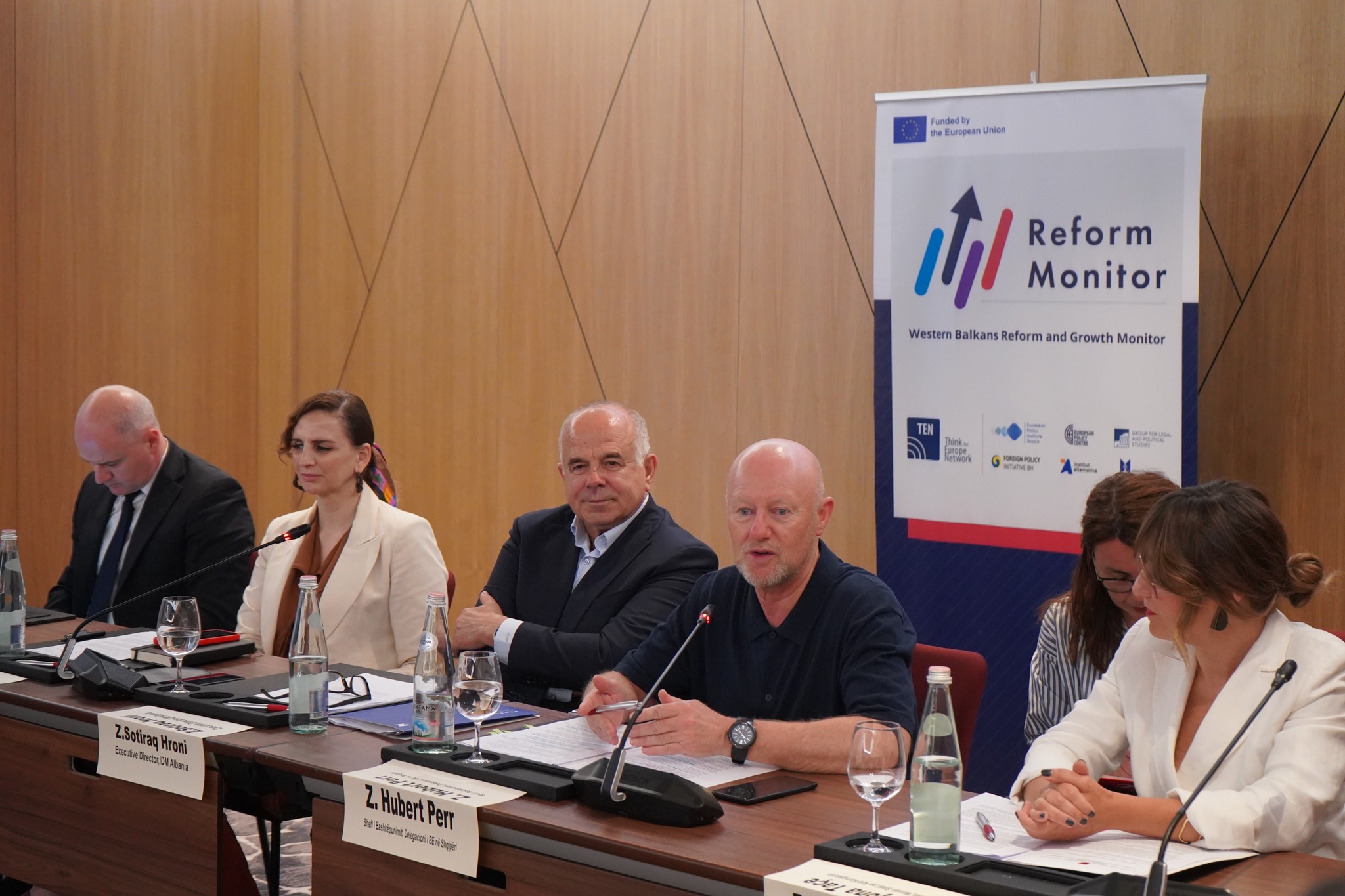Understanding Civic and Faith-Based Education in Albania – 2014
Project Citizen is a curricular program for middle and secondary students It promotes competent and responsible participation in local and central government. The program helps participants learn how to monitor and influence public policy. In the process, they develop support for democratic values and principles, tolerance, and feelings of political efficacy.
Entire classes of students work cooperatively to identify a public policy problem in their community. They then research the problem, evaluate alternative solutions, develop their own solution in the form of a public policy or initiative, and create an action plan to enlist local or central authorities to adopt their proposed policy.
Participants develop a portfolio of their work and present their project in a public hearing showcase.
Project Citizen focuses on the role of central and local governments in Albania. The curriculum involves an entire class of students in a series of structured, cooperative-learning activities that are guided by teachers.
Working in four cooperative teams, the students learn to interact with their government through a five-step process that includes the following:
- Identifying a problem in their community that requires a public policy solution
- Gathering and evaluating information on the problem
- Examining and evaluating alternative solutions
- Developing a proposed public policy to address the problem
- Creating an action plan to get their policy adopted
Students’ work is displayed in a class portfolio containing a display section and a documentation section.
Through Project Citizen the project “Understanding Civic and Faith-Based Education in Albania” has made an important contribution in promoting and fostering civic values and participation, religious tolerance and understanding. It has also encouraged and supported concrete efforts to establish cooperation between local stakeholders, including public and non-public educational institutions, religious communities, local authorities, civil society, media, etc.
Focusing on universal and civic values as well as on the remarkable contributions by both, educational community and religious community on local and national level, all the activities have helped provide the ground for cooperation and active participation in civic-oriented activities addressing issues of importance to the local communities. The project, which has so far engaged almost 10.000 students, has increased awareness on the importance of concrete civic actions in promoting harmony, understanding, tolerance and diversity and has provided an excellent opportunity for Religious Community non-public schools as well as public schools in Albania to demonstrate their willingness to become a vital part of their communities through their students’ participation in “Project Citizen”.
During the year 2013 the project “Understanding Civic and Faith-Based Education in Albania”, in close cooperation with the Department of Education in the Albanian Muslim Community, the support of the Albanian Orthodox and Catholic Community as well as Regional Departments of Education, organized “Project Citizen” activities with almost 1000 students from eleven different schools. Students addressed different problems in their local communities and came up with original public policies and action plans to solve them. Portfolio presentations were very successful and strongly enhanced students’ civic participatory skills as well as their confidence in making a difference in their communities.
For the year 2014 the project will engage about 1500 students from religious community schools as well as public schools through the implementation of Project Citizen. The list of schools involved in the project this year includes:
- “H.M. Dashi” Madrassa in Tirana
- “Sh. Shamia” Madrassa in Shkodra
- “M. Varoshi” Madrassa in Durrës
- “Liria” Madrassa in Elbasan
- “Dhaskal Todri” Public General Secondary School, Elbasan
- Madrassa of Kavaja
- Madrassa of Korça
- “Protagonisti” Non-Public Elementary School, Orthodix CommunityTirana
- SOS Children’s Village School “Hermann Gmeiner” in Tirana
- “Pjeter Meshkalla” high school of Catholic Community, Shkodra
- “Qemal Stafa” public high school, Tirana
- “Petro Nini” public high school, Tirana
- “Myslim Keta” public high school, Tirana
It is the first time that one school from the Albanian Catholic Community, namely “Pjetër Mëshkalla” catholic school in Shkodra, joins our project and there is a very serious commitment and willingness from both school leaders and the project to make it a success story.
In addition to these schools there is another three public high schools in Tirana that will join the project this year to address the fight against corruption with the possibility in the future to expand the anti corruption project to all high schools in Albania also including the schools of all religious communities. For this purpose there was a meeting with the Minister of Education and Sports, Mrs. Lindita Nikolla, the head of cabinet in this ministry, Mrs. Adriana Berberi, Mrs. Valerie O’Brien, the head of Public Affairs, the Public Affairs Assistants in the American Embassy, Mrs. Angjelina Pistoli and Mrs. Mirela Çupi, and the project coordinator. In this meeting an agreement was reached with the Ministry of Education and Sports to pilot Project Citizen on corruption in three high schools in Tirana, namely “Qemal Stafa”, Petro Nini” and “Myslim Keta”, starting in January 2014. The Minister agreed that educating younger generations on the issue of corruption is in complete line with the priorities of the Albanian government and supported the idea to spread this experience in all high schools in Albania.
The Project Citizen format will be used as an instrument to educate young students in Albanian public high schools on issues related to corruption, in order not only to increase awareness among younger generations about corruption but also to educate them to become active fighters against this negative phenomenon which threatens the very existence of a democratic society.
Corruption is a very serious problem in Albania and the fight against corruption is one of the new government’s top priorities in the path towards the European integration of the country. Corruption threatens our security and human rights. Corrupt officials leave unattended the task that they have to perform and do not stop accidents from happening. A bribed public official will allow someone to risk our life or health.
Corruption may jeopardize our fundamental rights to health protection, education, property or even clean water and air. For these reasons Anti-corruption education is an integral part of raising public awareness with a view to promoting personal integrity, civic responsibility, understanding of human rights and duties to society and the state, and ensuring the implementation of the aims of corruption prevention.
Students working with corruption will learn what corruption is, causes and forms of corruption, impacts of corruption on economy, state governance as well as social and political life of the country. Part of the project will also be the focus on existing legal framework on corruption in Albania as well as agencies and civil society organizations involved in the fight against corruption in Albania. The students will explore possibilities of solutions they themselves think could help to address the problem of corruption and present their work in front of their peers, teachers, parents and community. The ultimate result is to mould a personality who is aware of the threats posed by corruption to the public well-being and state security, intolerant towards the manifestation of corruption, able in seeking to eliminate the latter.
